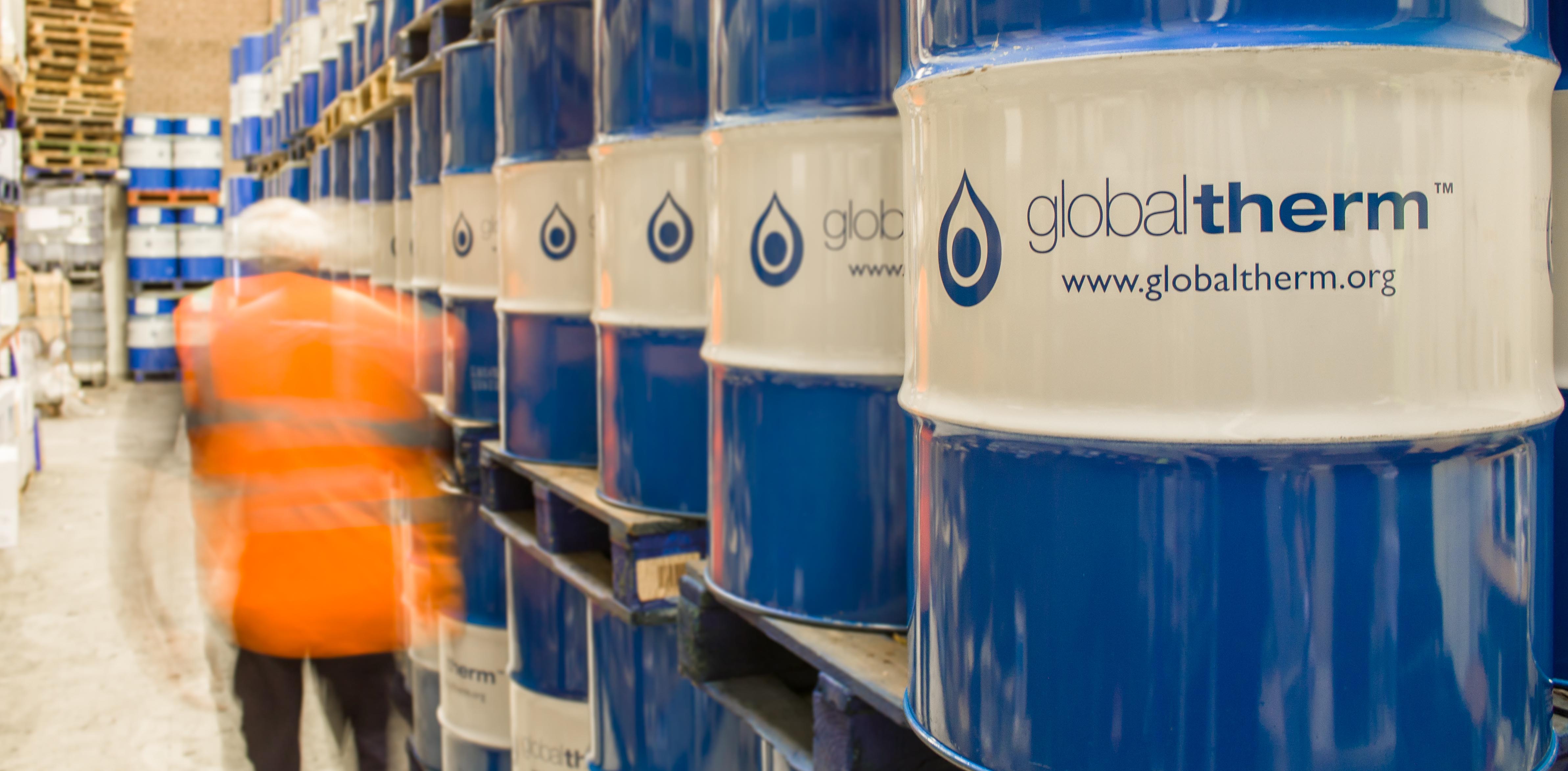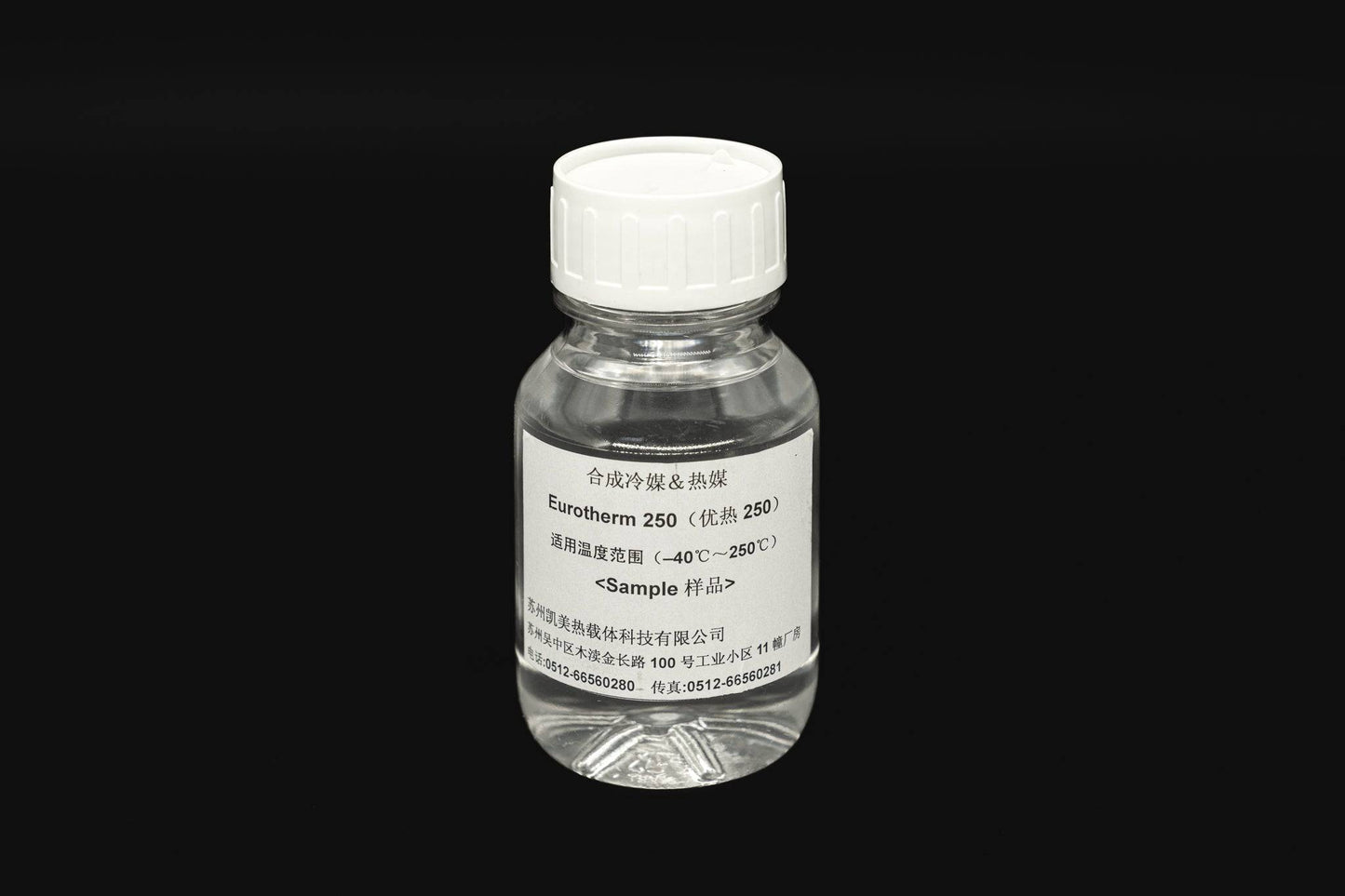Maximize Your System's Lifespan With the Right Heat Transfer Fluid
Choosing the appropriate heat transfer fluid is important for maximizing system performance and durability. Comprehending the numerous types of heat transfer fluids and the details demands of your application can considerably influence the overall health of your system.
Importance of Heat Transfer Fluids

Additionally, heat transfer fluids contribute to the security and reliability of thermal systems. Additionally, the appropriate heat transfer fluid can give security against rust and scaling, more prolonging the life expectancy of machinery and facilities.
Kinds of Heat Transfer Fluids
Different types of warmth transfer fluids are typically made use of in commercial applications, each customized to particular functional needs and temperature level varieties. The most widespread classifications include water, oils, and specialized artificial fluids.
Water is typically utilized due to its excellent thermal conductivity and schedule; nonetheless, its constraints develop at high temperature levels and potential cold conditions. For greater temperature level applications, thermal oils, such as mineral oils or natural substances, are used. These oils give premium thermal security and can run successfully at raised temperature levels, making them ideal for processes like food processing and petrochemical manufacturing.
Synthetic fluids, which can be either organic or not natural, are designed to meet details efficiency criteria. They often display improved buildings such as reduced poisoning, wide temperature ranges, and resistance to oxidation. Examples consist of glycols and esters, which are optimal for specialized applications like solar thermal systems and warmth exchangers.
Additionally, refrigerants are utilized in cooling systems, leveraging their stage modification residential or commercial properties to launch and take in heat efficiently. Each kind of heat transfer fluid provides distinctive advantages and is chosen based on the details requirements of the application, guaranteeing ideal performance and system durability.
Aspects to Consider When Choosing
Choosing the suitable warmth transfer fluid entails careful consideration of several aspects to ensure ideal efficiency and system efficiency. One of the key elements is the temperature level array required for the system. Liquids vary in their thermal stability and can lose or disintegrate efficiency outside specific temperature limits.
An additional crucial consideration is the liquid's viscosity, as it influences pump performance and energy consumption. A liquid that is as well thick may prevent blood circulation and boost functional prices. In addition, the liquid's particular warm capacity plays an important function in identifying exactly how successfully it can transfer warm.
Chemical compatibility with system materials is likewise important to prevent corrosion, deterioration, or leakages - silicone oil. Ensuring that the chosen liquid is suitable with the building and construction materials can extend the life-span of the system

Advantages of Proper Fluid Selection
Proper option of a warmth transfer fluid yields significant advantages for system effectiveness and integrity. The ideal fluid enhances thermal conductivity, guaranteeing optimal warm transfer prices within the system. This effectiveness reduces power consumption, causing reduced operational expenses and a decreased ecological impact.
In addition, suitable liquid choice contributes to system long life by protecting against corrosion and deterioration of parts. Fluids created with corrosion preventions secure steel surface areas, therefore expanding the lifespan of pumps, pipelines, and warm exchangers. Furthermore, choosing a fluid with suitable viscosity guarantees reliable flow, which is essential for keeping regular temperature distribution throughout the system.
An additional crucial benefit is the liquid's thermal stability. A steady heat transfer fluid can run over a broad temperature array without read the full info here damaging down a knockout post or losing efficiency, which is necessary for systems revealed to fluctuating thermal conditions. Additionally, the best liquid can additionally mitigate threats associated to freezing or boiling, therefore preventing functional interruptions.
Maintenance Tips for Long Life
Making certain the durability of a warmth transfer system calls for diligent maintenance techniques that enhance the benefits of appropriate liquid option. Routine inspections are necessary to determine possible leaks, corrosion, or sediment accumulation that might jeopardize system performance. Establish a regular timetable to assess pipe stability, connections, and installations, as these areas are typically vulnerable to deterioration.

Checking fluid levels and quality is just as critical. Consistently look for signs of contamination, such as staining or particulate issue, which can show deterioration of the warm transfer fluid. Implementing routine fluid evaluation can provide insights right into its chemical residential or commercial properties, permitting timely substitutes when required.
Furthermore, maintaining optimum operating temperatures is important. Encourage using temperature level controls and sensing units to avoid overheating, which can increase fluid deterioration and damage system components.
Finally, always abide by the supplier's standards regarding liquid substitute intervals and upkeep procedures. By devoting to these ideal methods, you can substantially boost the operational lifespan of your warmth transfer system, making try these out sure dependable performance and reducing the demand for expensive repair services or premature substitutes.
Verdict
In conclusion, the choice of a proper heat transfer fluid is critical for improving system effectiveness and durability. By comprehending the numerous types of liquids and thinking about crucial variables such as thermal conductivity and corrosion resistance, optimal efficiency can be attained.
Warm transfer liquids play an essential function in numerous commercial and business applications by facilitating the efficient transfer of warm in between surface areas.Additionally, heat transfer liquids contribute to the security and dependability of thermal systems. Additionally, the fluid's details heat capacity plays a vital role in identifying exactly how successfully it can move warmth.
The ideal liquid enhances thermal conductivity, guaranteeing optimal warmth transfer prices within the system. A secure warm transfer liquid can run over a wide temperature range without breaking down or losing efficiency, which is essential for systems revealed to varying thermal problems.